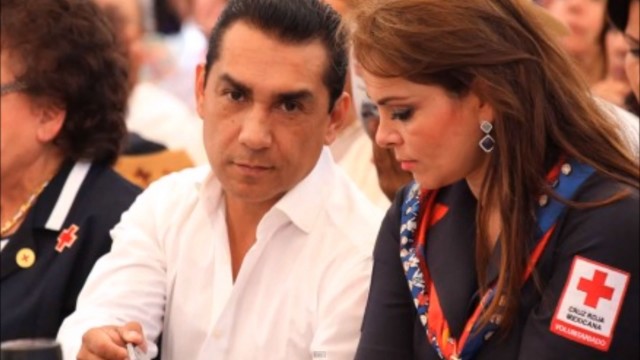
Latin America: Week in Review, Mexico, North America
Mexico Charges Iguala First Lady as Missing Student Investigation Continues
January 6, 2015 By Staff
Top Story — The former first lady of Iguala, the Mexican town where 43 students went missing last September, has been charged with money laundering and organized crime in connection to drug trafficking, federal prosecutor Tomás Zéron announced on Monday. It remains unclear whether the charges relate to the disappearances, which prosecutors allege the first lady and her husband, the town’s mayor, masterminded.
Authorities captured María de los Angeles Pineda and her husband José Luis Abarca in November, and Pineda has now been moved to a federal prison. She was previously under house arrest.
The announcement of the charges comes after the arrest of 10 municipal police officers over the weekend in connection with the case. The weekend arrests brought the total number of police officers detained over the student disappearances up to 58 as the investigation continues.
The mayor and first lady had gone into hiding following the disappearance of the teacher-trainee students, and were found on Nov. 4 hiding in an abandoned house in a run-down suburb of Mexico City. According to Attorney General Jesús Murillo Karam, Abarca ordered the detention of the students out of fear that they planned to disrupt an event hosted by his politically ambitious wife. After being detained, the students were allegedly handed over to local drug cartel Guerreros Unidos and killed, their remains incinerated.
Abarca and Pineda had long run Iguala in collusion with Guerreros Unidos, according to authorities. Pineda’s brothers were high-ranking members of the local cartel, two of whom were listed among Mexico’s most-wanted before their deaths in 2009. Civil servants in Iguala have previously stated that Pineda exercised just as much power as her husband Abarca, if not more. The political event staged on behalf of Pineda on Sept. 26 was part of her campaign to succeed Abarca as mayor.
Headlines from the Western Hemisphere
North America
- Mexican President Enrique Peña Nieto’s promise of reform yielded in 2014 to another year of “the same old age of violence and corruption” according to an analysis published Monday by The Associated Press ahead of Peña Nieto’s Tuesday meeting with his U.S. counterpart Barack Obama.
- Amid widespread fragmentation of drug cartels in Mexico, a new group of traffickers calling themselves La Empresa (“The Company” in English) has emerged in central Mexico near the country’s capital, and a state security official has already blamed the group for the death of a rival trafficker.
Caribbean
- Cuba’s government detained about 2,000 more activists in 2014 than in the year before, according to a report released Monday by an independent Cuban rights group, a revelation that may dampen excitement over recent news that the government will normalize relations with the United States.
- Another development likely to temper enthusiasm about strengthened U.S.-Cuba ties is the release of data on Monday showing that trade between the two countries hit its lowest point in a decade in 2014.
- Headed by its Chilean leader, the U.N. Security Council is expected to urge Haitian President Michel Martelly to hold elections, delayed since 2011, when the 15-member council visits later this month.
Central America
- The retrial of former Guatemalan dictator Efraín Ríos Montt on genocide charges was suspended hours after it began Monday when the court accepted claims that one of the judges was not impartial. Ríos Montt, an 88-year-old former army general, arrived to the courtroom on a stretcher, which his lawyer attributed to poor health.
Andes
- Colombian President Juan Manuel Santos said the ELN rebel group should emulate the larger FARC, which recently declared a unilateral ceasefire that Santos said they are honoring, a statement taken by The Associated Press as a sign that Santos may be willing to halt the government’s offensive against the leftist guerrillas.
- A new book published in Bolivia reveals that accused Nazi war criminal Klaus Barbie referred to himself as a “pitiful wretch” in one of several letters sent from a French prison to Bolivia, where earlier in life he was made an honorary lieutenant colonel in the army after escaping Europe.
- Thirteen inmates escaped from detention centers in Bogotá on Monday, Colombian police officials said.
Southern Cone
- A Rio de Janeiro police official has been fired after allegedly making pro-Nazi comments on the WhatsApp social networking service.
- Saying he has been wrongfully accused in retribution for allegedly exposing U.S. government malfeasance related to the 9/11 attacks, a U.S. man accused of killing his wife is seeking asylum status in Argentina, where he moved 10 years ago after his wife’s death.
- Prospects of a resolution to the simmering dispute between Argentina and U.S. bondholders worsened on Monday, when an Argentine finance official made a informal settlement offer that would require the bondholders to take a nearly 65 percent “haircut” on the debt they say they are owed.
Image: YouTube
Subscribe to Today in Latin America by Email
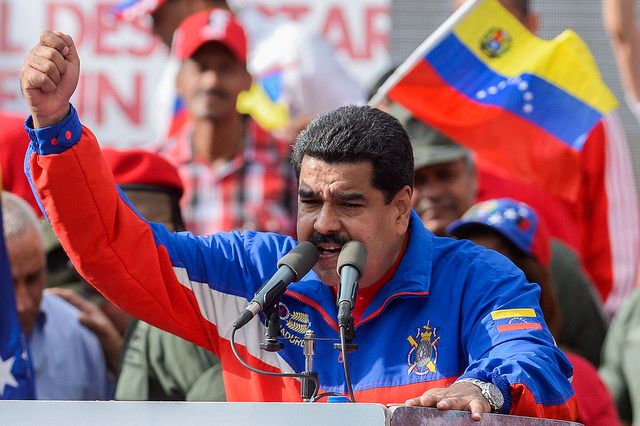
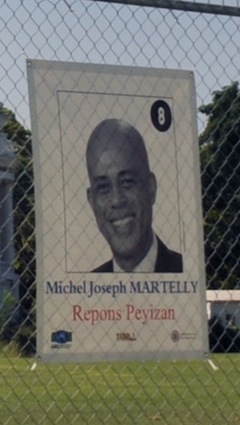
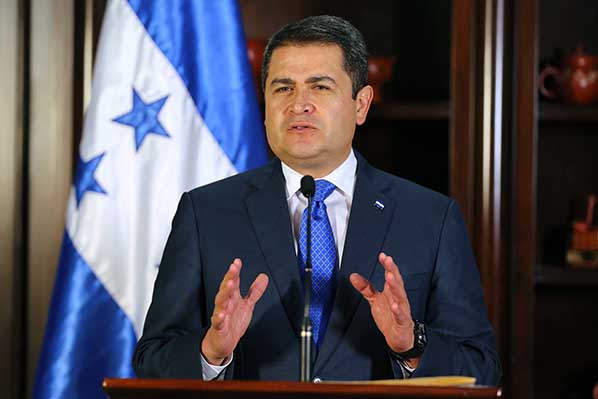
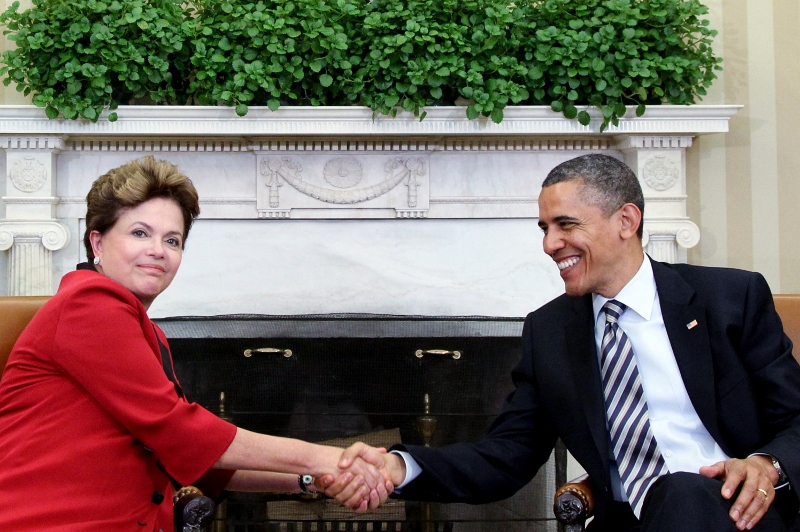
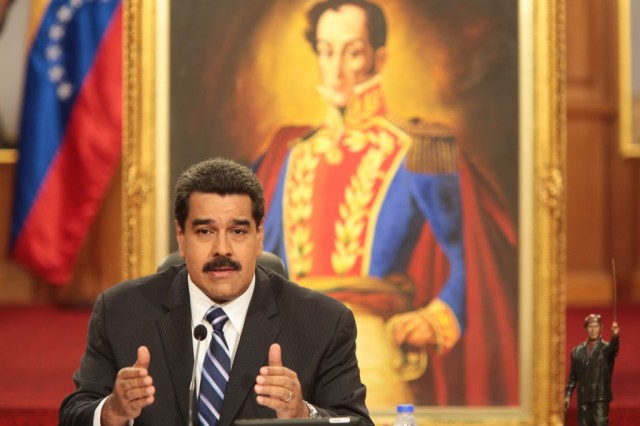
1 Comment
[…] murder of the students. The mayor and first lady of Iguala have been arrested, as have more than 50 municipal officers. Meanwhile, protests around Mexico lay the blame for the Iguala student crisis on President Enrique […]
Comments are closed.